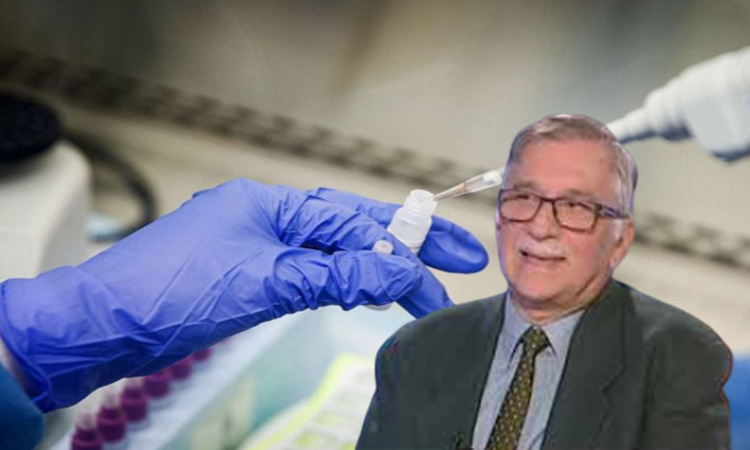The new mutated strain of the coronavirus found in Great Britain may have come to Cyprus as well, said to KYPE, the member of the Advisory Scientific Committee, Professor of Microbiology / Molecular Virology at the Medical School of the University of Nicosia, Dr. Petros taken to limit it is already too late.
"These mutations do not occur overnight. The mutated virus has probably been circulating in the UK for a few weeks now. It has therefore already been detected in Italy, the Netherlands and even Australia. We have frequent air links with Britain and may have come here as well. "So all these precautionary measures taken in European countries are a bit late," he said.
He said that so far we can not say much because what has been heard is from press releases without any scientific data published that is substantiated to form an opinion.
"They say this virus is more contagious. But how did they find this, did they look for confusion? How did they come to this conclusion? They talk about the R index. This R index must be higher than the 1 in 3 we know to be the possible transmission from an infected person to three people he can come in contact with. "They say it may be more contagious, but it is not very seriously pathogenic, nor does the effectiveness of vaccines change."
Consequently, said Professor Karagiannis, we must wait to see the scientific data to form an opinion.
Asked if the mutated virus affects the effectiveness of vaccines, he noted that it does not seem to affect it according to scientific data so far. "What remains is to see where some mutations are found that can affect the AKIDAS protein and whether they are in the antigenic receptors recognized by the antibodies. "If they are, they may prevent the antibodies from binding, but so far this does not seem to be the case."
Asked if there will be a relaxation of restrictive measures during the holidays, Dr. Karagiannis said that "this, as you understand, is not easy to do under the conditions we are currently facing with a constant number of cases around 400 per day. If there will be some relaxations, they will probably be mild and for a limited period of time, ie during the festive days and not for the intermediate days ".
Asked to comment on the situation as it is presented today, he said that "it is marginal with 400 cases per day and it is not an easy thing to relax too much and definitely after the holidays we will have a noticeable boom".
The outbreak of cases after the holidays, he noted will depend on the timing and meetings of individuals. "If some do not listen and instead of meeting close family members and meeting with the same people throughout the period and not through multiple contacts then the case of transmission of the virus will be reduced. "On the other hand, the more we meet, the more dangerous it is in terms of transmitting the virus," he added.
